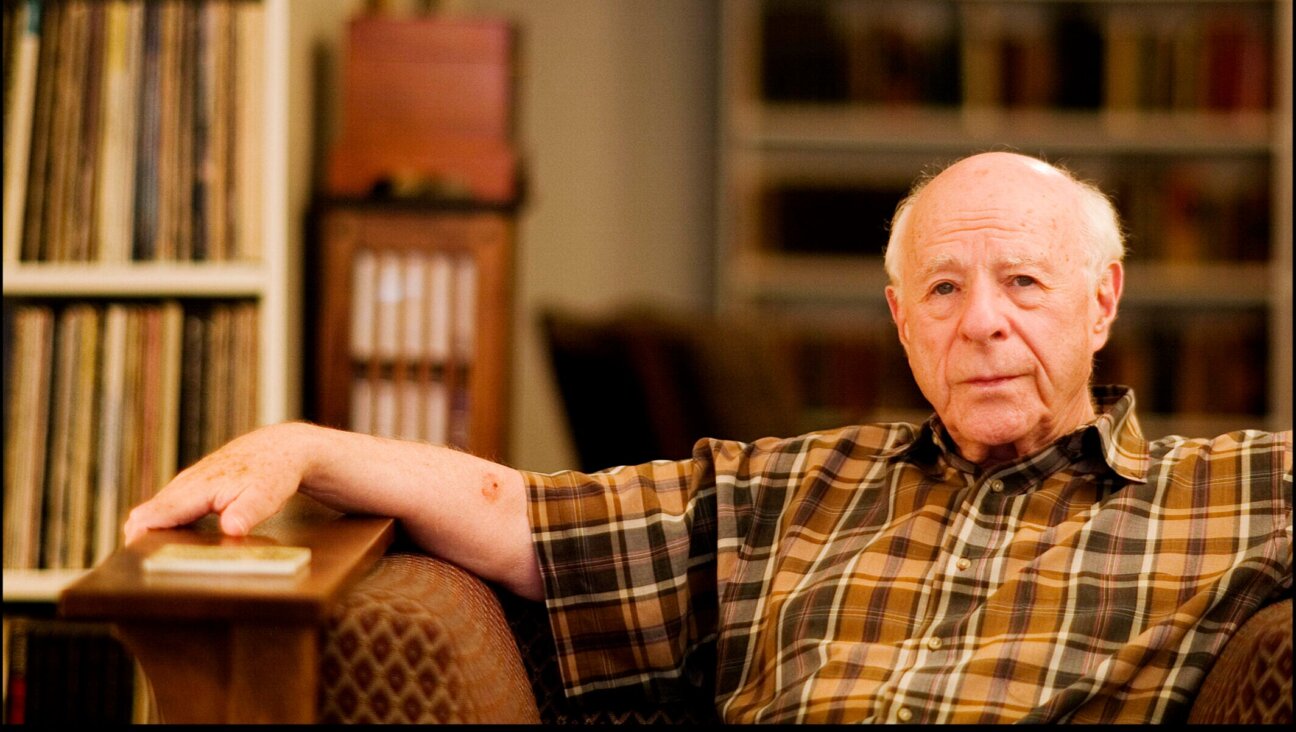American Victims of Terrorism During Second Intifada Suing Jordan’s Arab Bank

A mother of a victim of a ‘terrorist’ attack during the Second Intifada years in the early 2000s cries as she is comforted by another relative of a terror victim as they stand beside the ‘Victims Of Terror’ memorial wall. Image by Getty Images
American victims of Hamas terror attacks during the second intifada in Israel are suing a Jordanian bank for offering benefits to terrorists.
In a trial set to begin Thursday in Brooklyn, 140 plaintiffs injured in two dozen terror attacks from 2001 to 2004 are suing Jordan’s Arab Bank for allegedly funneling money from a Saudi fund to Palestinian terrorist groups Hamas and Islamic Jihad, according to the Asscoiated Press. Five thousand dollars was to go from the fund to any family of a terrorist who died attacking Israel.
The plaintiffs claim that the money transfers violate the U.S. Anti-Terrorism Act, which allows terror victims to seek compensation. Lawyers for the plaintiffs say that this is the first terrorism financing case to go to trial in the U.S. Representatives of Arab Bank, which has branches around the world, say the bank cooperates with the United States in fighting terrorism, and say it did not know it was transferring money to terrorists.
“Arab Bank has great sympathy for all victims of terrorism but is not liable for the tragic acts described by plaintiffs,” it said in a statement.
The lawsuit was first filed in 2004 and has survived a number of challenges, including the bank’s refusal to hand over records for fear of breaking Jordanian law. In 2010, a court sanctioned the bank for recalcitrance in providing evidence.














